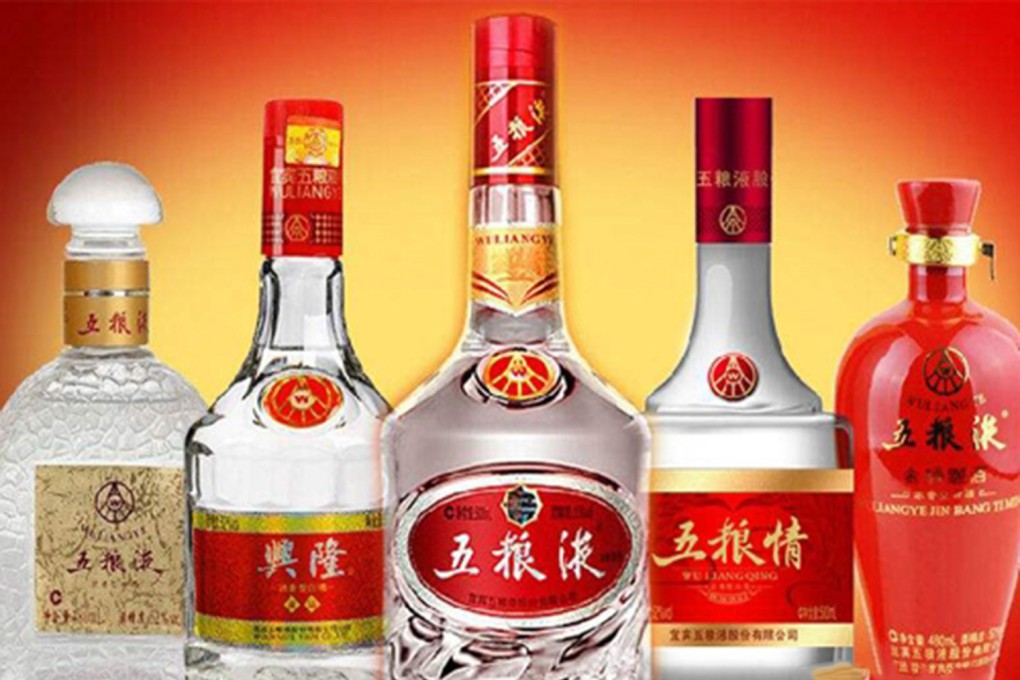Happy power: how China’s most famous liquor could fuel next-generation energy storage
Researchers turn leftover sediment from baijiu distillation into low-cost material that boosts sodium-ion battery performance

Now, scientists in China have tapped a potential – and unlikely – new use for the product, or rather the product’s by-product.
Researchers have turned leftover sediment from the distillation of baijiu into a material that improves the performance of sodium-ion batteries, a development that could help power the next generation of energy storage.
“This innovative low-cost, eco-friendly method holds promise for large-scale production once the technology matures,” said Professor Liu Xingquan, a project leader from the University of Electronic Science and Technology of China.
Because sodium ions are larger than potassium ions, mainstream SIBs typically use hard carbon materials with larger internal pores as the anode instead of graphene, which is used in lithium-ion batteries.